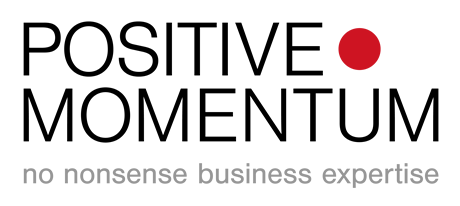Following another “incident” with our then teenage son some years ago, I recall asking my husband, who was 50 at the time, when he thought boys grew up? His response was that he was thinking at maybe 55ish.
Watching the rise and some falls of the new players in the financial services sector has often left me wanting to ask the same question. A comprehensive and well written report published this week suggests that now might well be the time. https://gomedici.com/research-categories/neobanks-a-global-deep-dive-2-0
Whilst it is very exciting to launch sector beating new tech solutions and count the number of subscribers taking them up, the only route to true sustainability is the ability to cover your costs with what you sell. In this respect, the Neobanks are still very much challenged and with funding apparently harder to find to meet their losses and already compressed costs bases, the focus on generating real revenue is now much more urgent than before.
With all our accumulated frustration with incumbent banks, it remains true that the vast majority of us still feel more comfortable placing the core of our banking with a brand we recognise and in the knowledge that there are human beings we can access (in branches or by phone/web chat) when required. Whilst switching data from last year evidences 1m retail account transfers in the previous 12 months, a large share of the net winners from these account switches were established banks (Nationwide, HSBC & NatWest) with Neobanks (Monzo & Sterling) picking up a net c. 13k and 7k of new customers respectively.
So, if the number of full accounts switching remains low still, how is it that we are still reading bullish news on new client acquisition from the Neobanks?
The simple answer is that we are using their enhanced and often cheaper FX or payments or even lending solutions but in most instances, still keeping our core transactional banking needs (that’s making and receiving payments to you and me) as well as some of our more emotive banking spends such as mortgages with our incumbent banking provider. That means that the lucrative aspect of banking still remains mostly in the hands of the incumbent banks.
I fully appreciate that the greyer haired of us in the banking industry would be incapable of bringing some of the truly innovative solutions to the market that we have seen in recent years. I would argue however that some of the duller aspects of commercialising these that incumbents have obsessed over the years remain highly relevant, however.
Driving customer loyalty (as translated by share of banking wallet) still remains a critical approach without which development of new product costs cannot be covered.
We can expect to see rapidly expanding services to meet the full (and often more complex) requirements of a customer as the Neobanks respond to this challenge, applying for banking licences as they grow in sophistication. In tandem, the incumbents are also enhancing rapidly their tech solutions.








